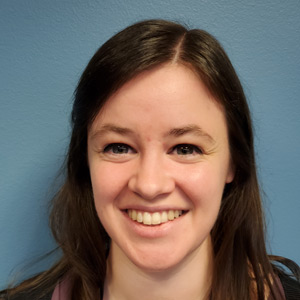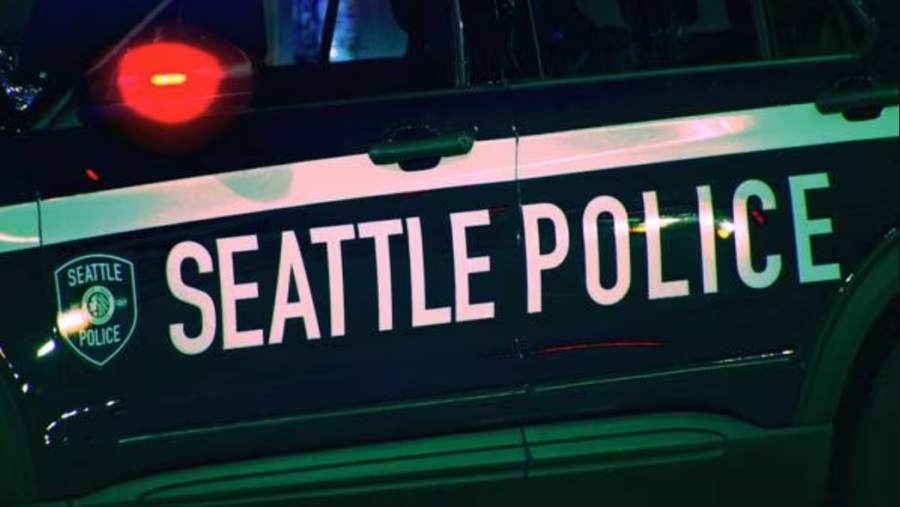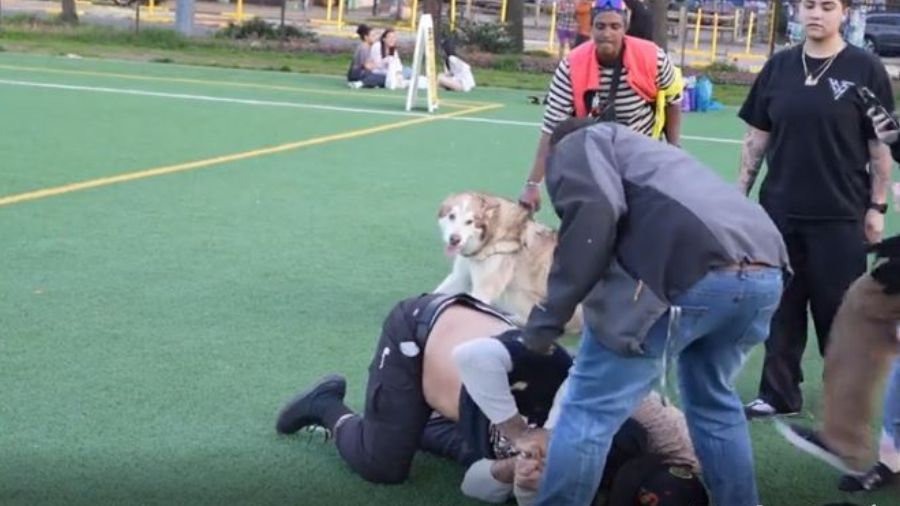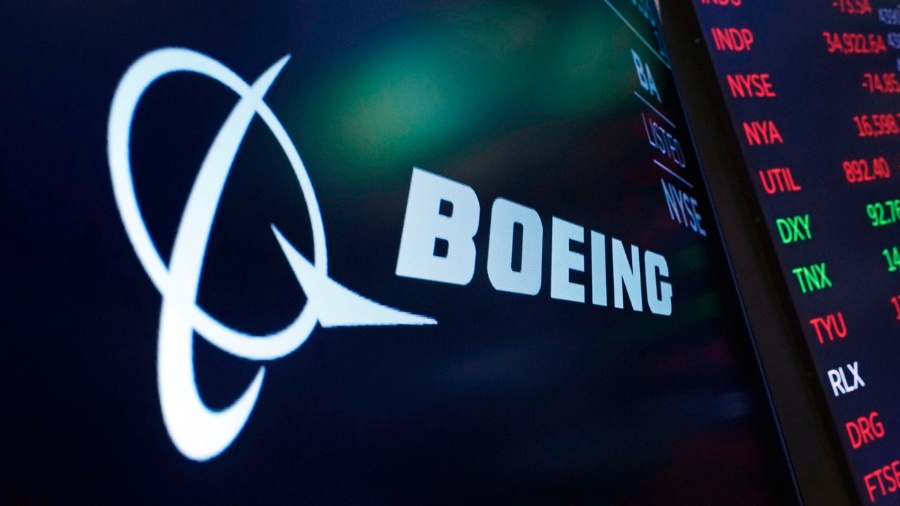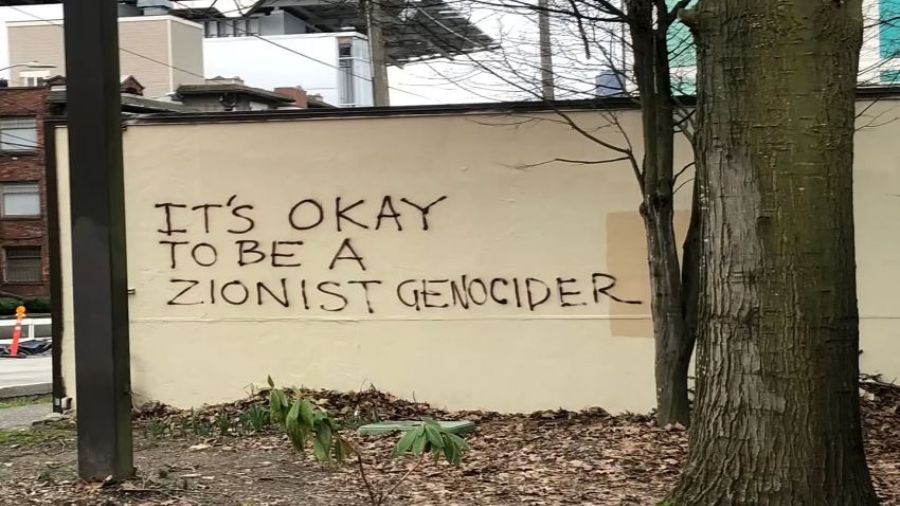Gov. Inslee: Too much suffering to ‘ignore clear and present danger’ of climate change induced fires
Sep 15, 2020, 5:29 PM
The air quality across Washington state this week is “unhealthy at best, hazardous at worst,” said Governor Jay Inslee in a Tuesday press conference. In Western Washington, there is an air quality alert in effect until Thursday, while an alert is in effect until Friday for Eastern Washington.
Smoke, air quality ‘primary issue’ across western Washington on Tuesday
This poor air quality is due to wildfires in Washington, Oregon, and California. Gov. Inslee said Tuesday that recent fires have burned more than 620,000 acres in Washington, and more than 807,000 acres this year for all fires combined. Hundreds of structures have burned, more than half of which are homes. To top off these losses, much of central Washington has been without power, and active wildfires are keeping a number of roads closed, even as some residents are now able to return home from evacuation.
Luckily, Washington state has not been impacted as hard as neighboring Oregon, and Gov. Inslee said some resources have been freed up to help other states as the fires in Washington are better contained. “It’s not a lot,” he admitted, but he said it helps to recognize that we are all in this together.
“We are confident we will get these fires contained,” Inslee said.
Inslee says fires in Washington state and along the West Coast are becoming more intense due to climate change, and the “science is clear.”
“It was disappointing because the president had a chance to learn about that yesterday in California, but instead he gave deception and smirked in the faces of those who have had terrible losses and those who have worked so hard to reduce the risk of fires,” he said.
Gov. Inslee urges Trump to ‘abandon half-baked theories’ on climate change amid wildfires
The governor said it’s “maddening.” He added that we all should work to protect Washington from fires, and not diminish the clear risk of “climate change induced and increased” fires. Inslee says he’s seen too much suffering to “ignore this clear and present danger.”
In addition to the science, Inslee says there are plenty of observations that these fires are worse than ever before. Firefighters, he says, who have decades of experience, have told him that the rules of fighting fires have changed because the climate has changed.
Crystal Raymond, climate adaptation specialist and forest ecologist with the University of Washington Climate Impacts Group, said that the conditions and fires we’ve seen this year will continue to worsen.
“If we don’t take action now to slow climate change, the wildfire potential will only get worse,” Raymond said, adding that we can expect poor air quality events to become more frequent as well.
These fires are not just something that affects Eastern Washington, she added. As evidenced this week, wildfires don’t have to happen in our own backyard to create poor air quality or other dangers.
Raymond said that while the state has a history of large, fast-moving fires dating back to the 1800s, climate change is making this problem worse. Plus, there are more communities and people living in the path of the fires, making the consequences more severe. As a result, she said, there’s been a growing concern that we will see these large fires in Washington and Oregon, which is what’s happening now.
“The connection between climate change and increasing fire potential across the west has been clearly established by scientists for over a decade,” Raymond said. “The situation that we are in now is unfortunate, but it does not come as a surprise to fire scientists who have been studying this issue for several years across the region.”
Raymond also recognized that there are more factors than just climate change that contribute to the wildfire risk in our region, including how we manage forests and vegetation, development in the wild and urban interface, and human caused ignitions.
“We also know that the relevance of these different factors varies depending on what region of the state we are in, … therefore the solutions that we look at need to be tailored to the specific area, and the role that fire plays in that area,” she said.
“But we know that all these factors, including climate change, are part of the equation,” she added. “And that the situation is not getting better until we address climate change directly, as the governor has said.”
Short of stopping climate change, Inslee says Washington has been taking some short-term measures to ease the problems and lessen the impact of fires, including forest management on 60,000 acres, encouraging homeowners to be fire-wise and remove brush, tinder, and pine needles from their property, and creating more clean energy jobs.
“Look, when you have hurricanes battering the south, Miami Beach getting flooded by rising sea levels, … flooding that’s washed away the Midwest, and in the west it’s all on fire, I believe we have the responsibility to speak up,” he said.
“I think we are doing the right thing in our state, which is leading the nation away from more climate fires and toward more clean energy jobs,” Inslee added. “That’s a good future for our state.”

